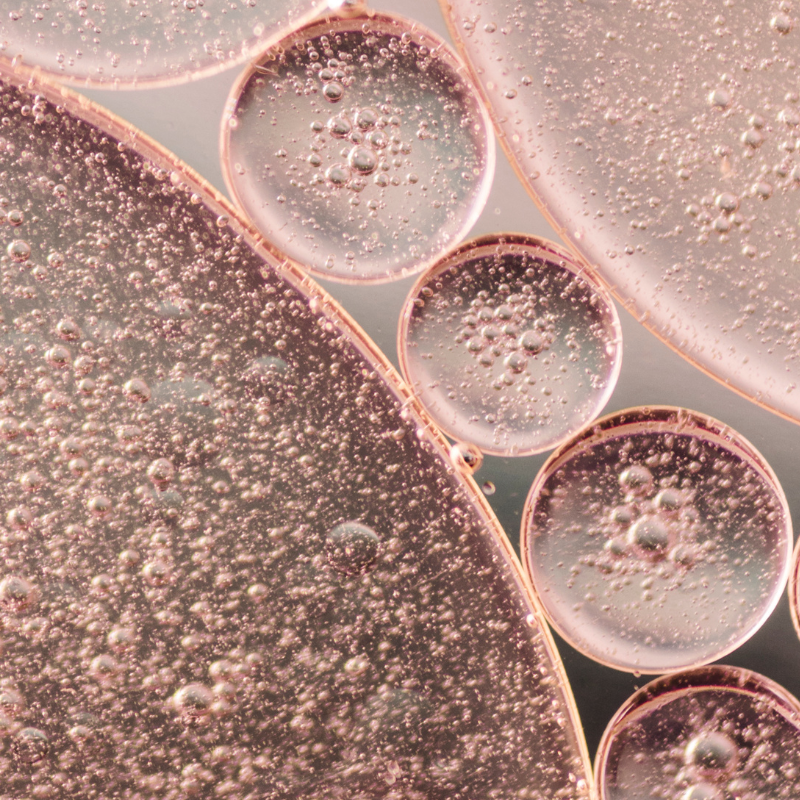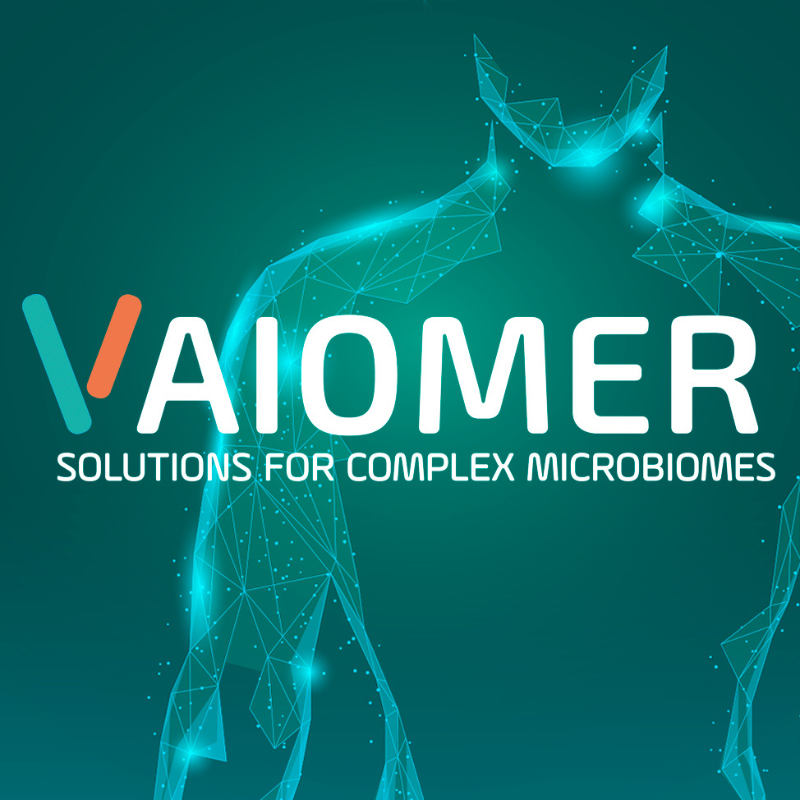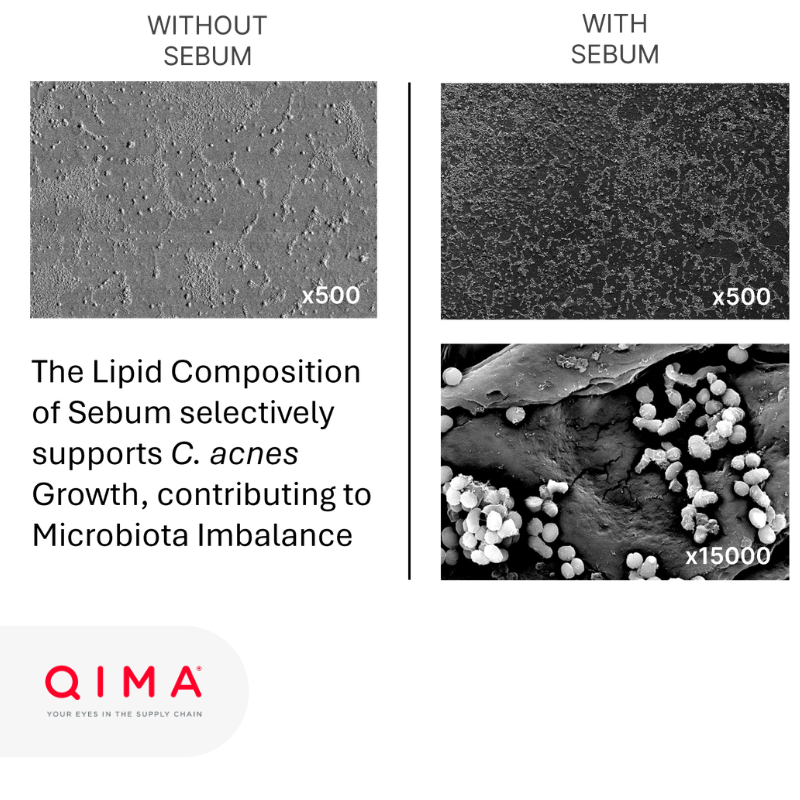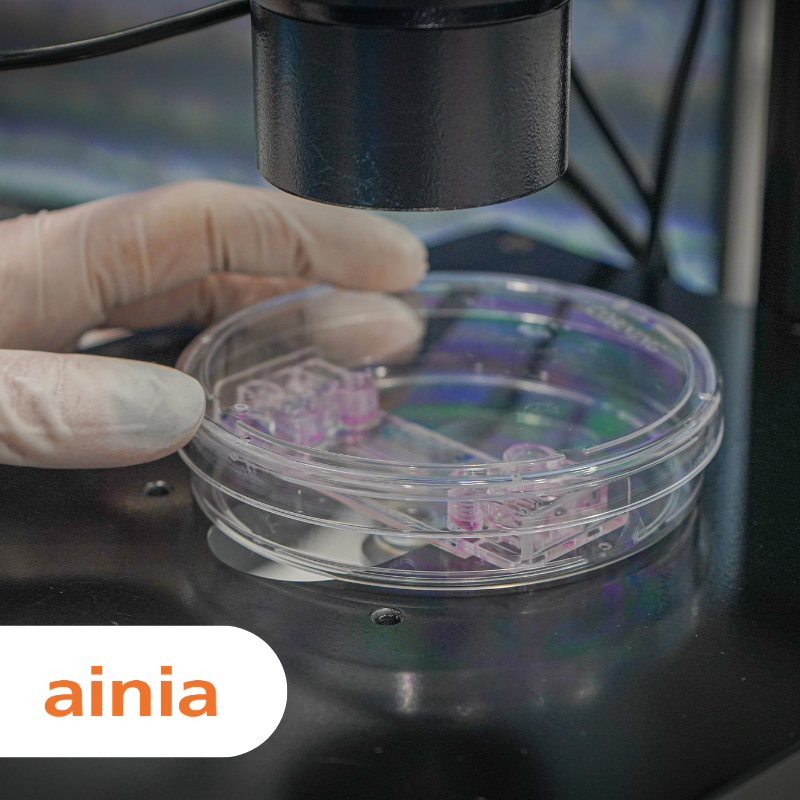By Nancy Lapid
Sept 30 (Reuters) – Human skin cells may one day be used to create functional human eggs in a step toward helping women have their own genetic children when their natural eggs are dysfunctional, according to very early lab experiments reported in a scientific journal on Tuesday.
The process, which would carry significant safety concerns, involves removing the nucleus from a woman’s skin cell and inserting it into an egg, or oocyte, from which the nucleus has been removed, scientists detailed in Nature Communications.Doctors are seeing increasing numbers of people who cannot use their own eggs, often because of age or medical conditions, reproductive medicine specialist Ying Cheong of the UK’s University of Southampton, who was not involved in the research, said in a statement.
“While this is still very early laboratory work, in the future it could transform how we understand infertility and miscarriage, and perhaps one day open the door to creating egg- or sperm-like cells for those who have no other options,” Cheong said.
The new method overcomes an obstacle that has stymied previous attempts at this process, the researchers said.Eggs contain 23 chromosomes needed for human development, which is half the usual number, because the sperm that fertilizes the egg will contribute the other 23 chromosomes. But skin cells and other non-reproductive cells – and any cells generated from them – contain two sets of human chromosomes, for a total of 46.





